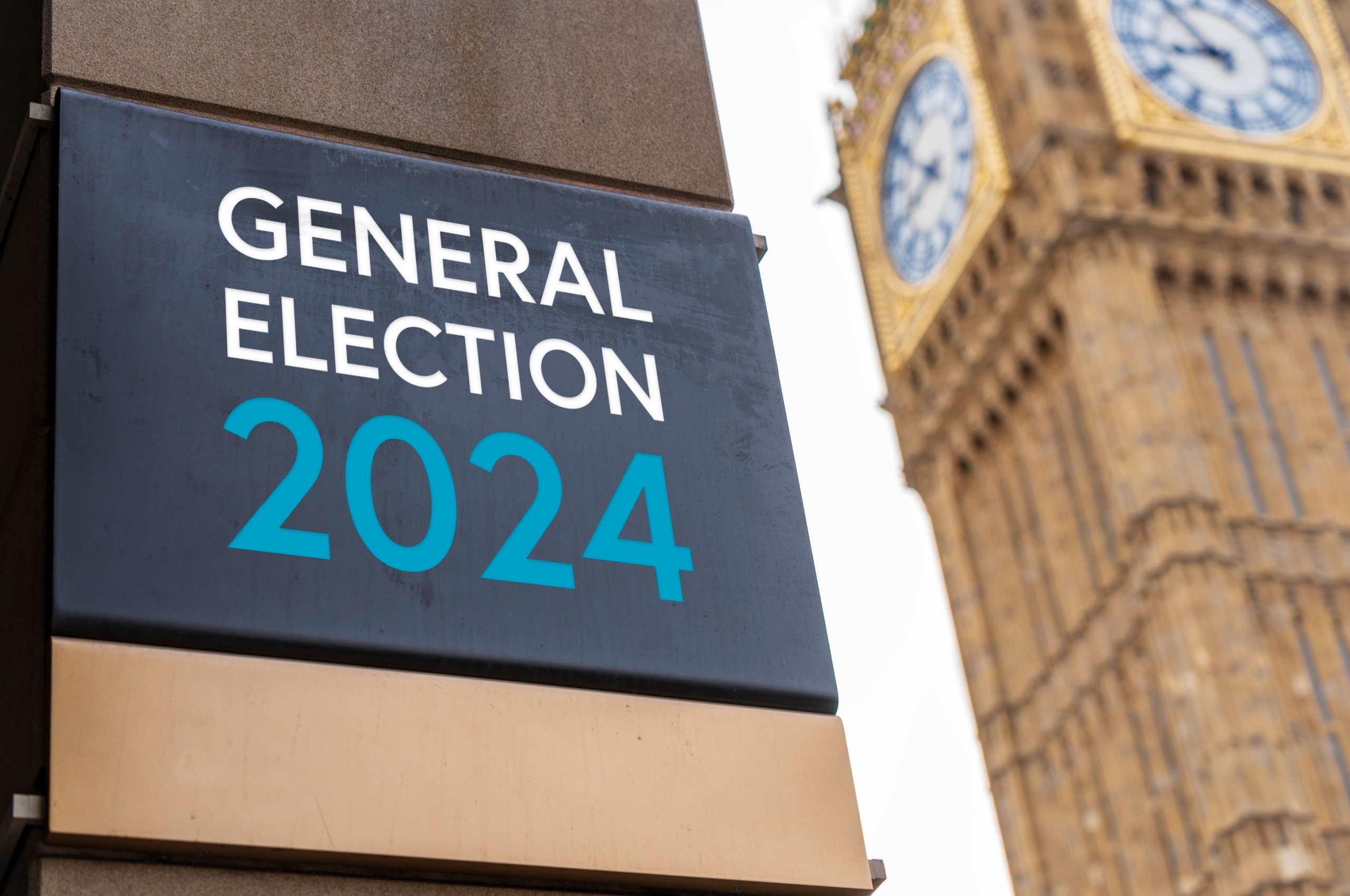
Sir Ian McKellan has frequently refused the role of famous Shakespearean character Sir John Falstaff – until director Robert Icke combined the two history plays in which Falstaff appears into one intriguing production: Player Kings.
But soon after the play opened, McKellan suffered an injury after falling off the stage and was advised by doctors not to continue acting in the production. While McKellan is thankfully recovering well, as the saying goes: the show must go on. Fortunately, McKellan’s understudy David Semark was able to take on the role of Falstaff to ensure that ticket holders can continue to enjoy Player Kings for the rest of its run in London.
Interestingly, it’s not just actors that benefit from having an understudy to step in when they’re unable to continue in their role. When it comes to your finances, there could be plenty of times when it may not be practical or possible for you to make and implement important decisions.
There is a practical solution to this, though. By setting up a Lasting Power of Attorney (LPA), you effectively have an “understudy” who can step in and help manage your money for you if an illness or injury prevents you from being able to manage it yourself.
Read on to learn more about why an LPA can be a valuable addition to your estate plan at any age.
A Lasting Power of Attorney lets you nominate a trusted person to manage your affairs if you become unable to do so
An LPA is a legal document in which you can nominate a trusted person, or multiple trusted people, to manage your affairs for you if you need help.
There are two types of LPA that you can create:
- A Property and Financial Affairs LPA gives your nominated attorney the authority to make financial decisions for you, including investment decisions, savings, paying your bills, and property transactions.
- A Health and Welfare LPA allows them to make decisions about your day-to-day life, including medical care, your daily routine, and whether you need to move into a care home or nursing home.
Your family aren’t automatically allowed to make these decisions for you, so an LPA can make it much easier for your nominated person to support you if and when you need it. In effect, your nominated person can become an “understudy”, making and implementing decisions for you about your finances and personal care if you’re unable to do so yourself.
Setting up an LPA by yourself can be confusing, and there is the potential for errors or omissions. Our partners at Barwells Solicitors can guide you through this process and help you with the registration, so that you can feel confident that this legal document offers you the protection you need.
A Lasting Power of Attorney can be useful in a range of circumstances
It’s important to create an LPA before you need it, as once you have lost the mental capacity to make decisions for yourself, you are not allowed to create one.
Usually, an LPA isn’t needed until you lose the mental capacity to manage your affairs yourself. Perhaps you develop a neurological condition like dementia or experience an injury or illness that affects your cognitive abilities. A Health and Welfare LPA can only be triggered when this is the case, but a Property and Financial Affairs LPA can be useful in other scenarios too, even if you still have the mental capacity to make decisions.
For example, if you need to stay in hospital for an extended period of time, you may be temporarily unable to access important documents, such as insurance policy details, or make necessary financial arrangements.
Under these circumstances, you can request that your nominated person takes care of your financial affairs for you until you’re ready to take back control. They may be able to start the process of claiming on insurance policies or notifying relevant organisations about your change in circumstances. Then, when you’re able to, you can continue managing your finances as normal.
A Lasting Power of Attorney provides valuable peace of mind as well as practical support
Though the main reason for setting up an LPA is to ensure you have a practical solution in place for any eventuality, one of the top benefits is the peace of mind you can feel knowing that it’s there, just in case.
Hopefully, you won’t need to use it. But if you do fall ill or another situation arises where you’re unable to manage your finances yourself, you needn’t worry about how you would cope. Your “understudy” is here to help.
Get in touch
Our team of independent financial advisers in Lewes is here to support you in building a robust financial plan that helps you achieve your goals. This includes creating backup plans to protect your wealth, no matter what life throws at you.
To find out more, please get in touch by emailing us at financial@barwells-wealth.co.uk or by phone on 01273 086 311.
Please note
This article is for general information only and does not constitute advice. The information is aimed at retail clients only.
Please do not act based on anything you might read in this article. All contents are based on our understanding of HMRC legislation, which is subject to change.
The Financial Conduct Authority does not regulate Lasting Powers of Attorney.







 Production
Production